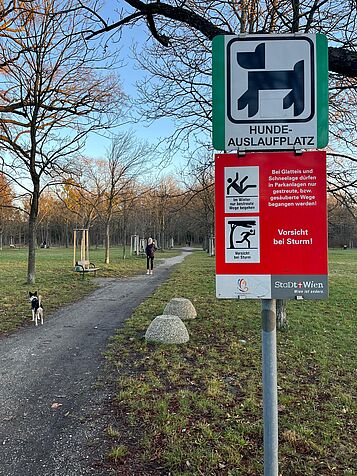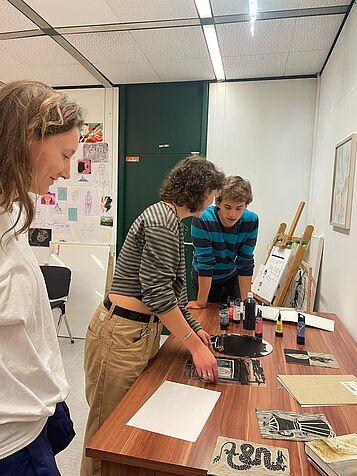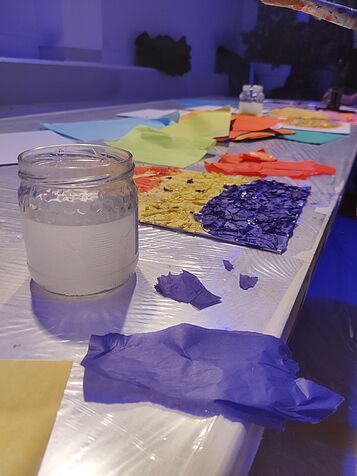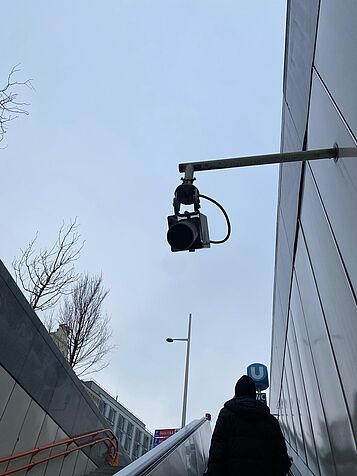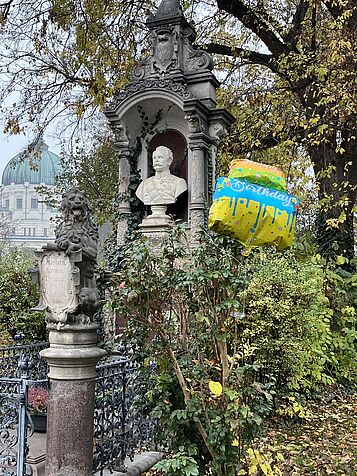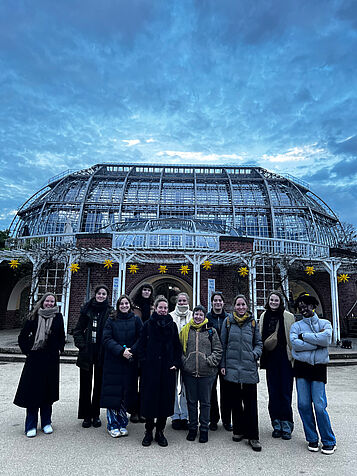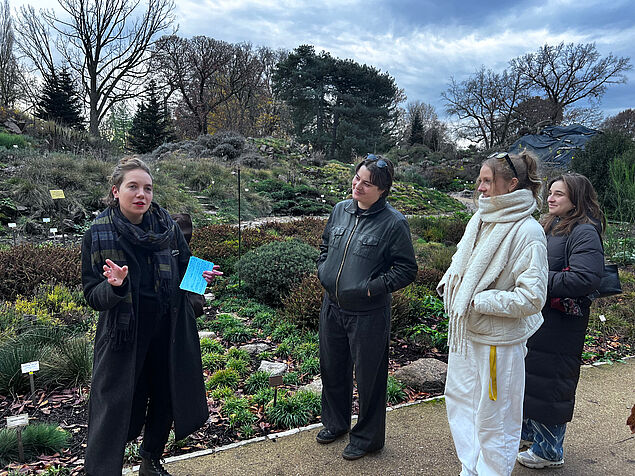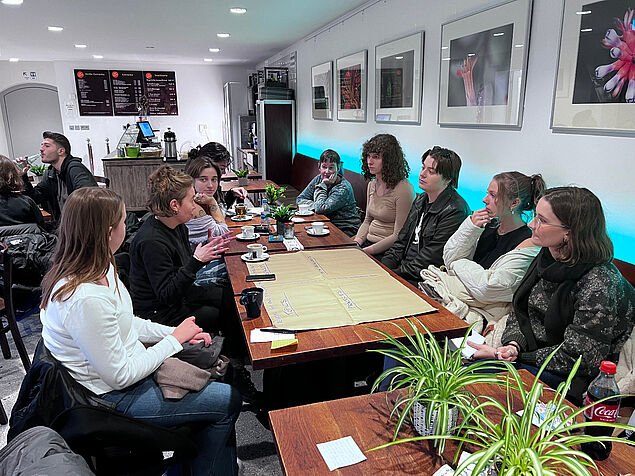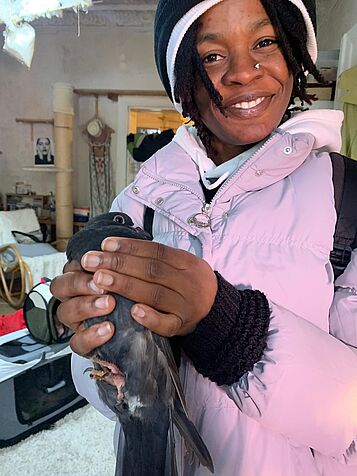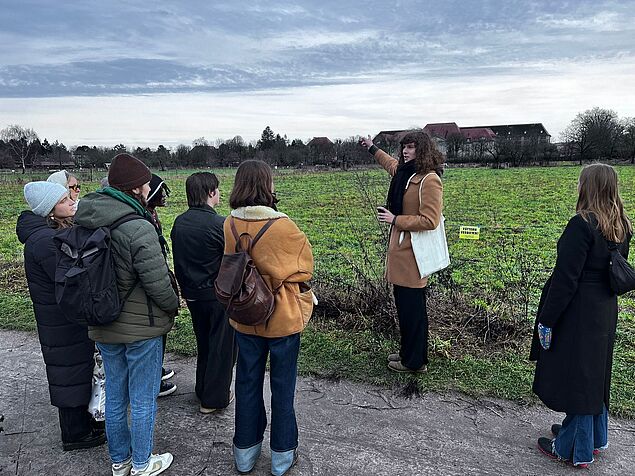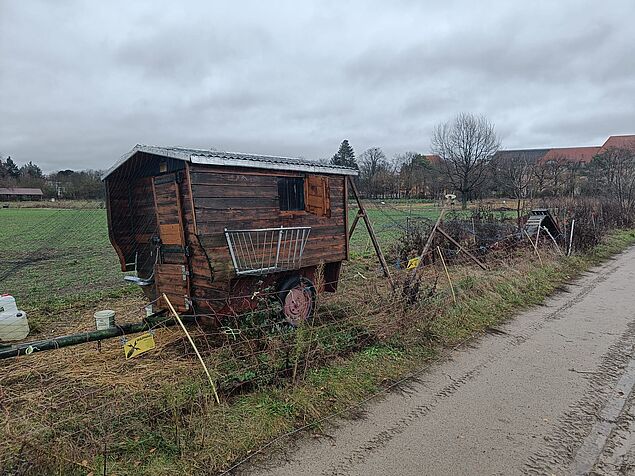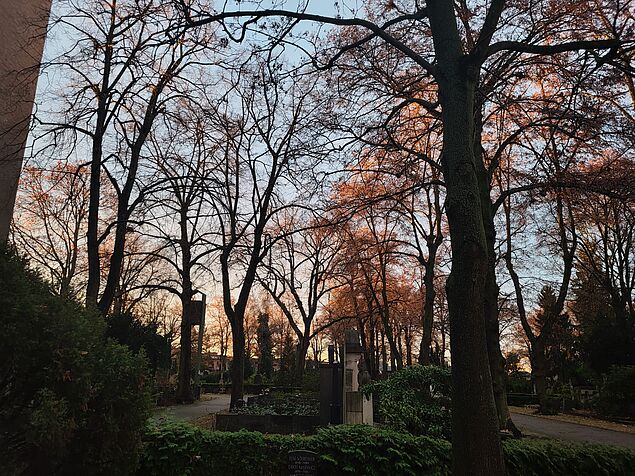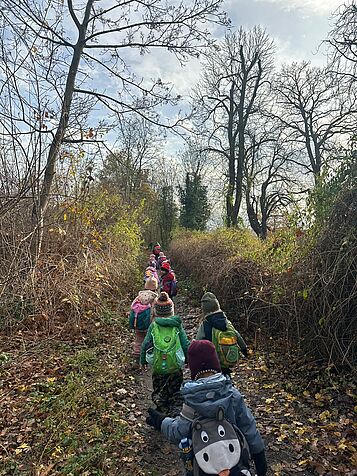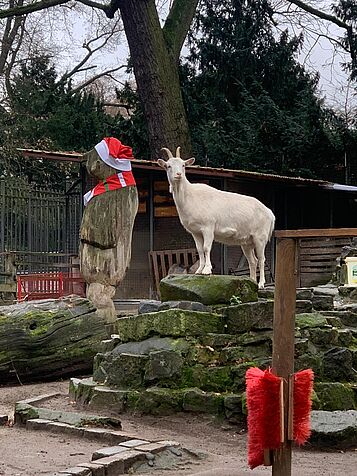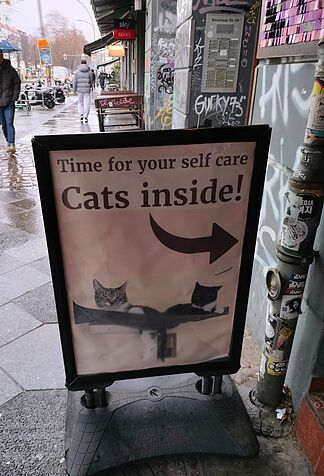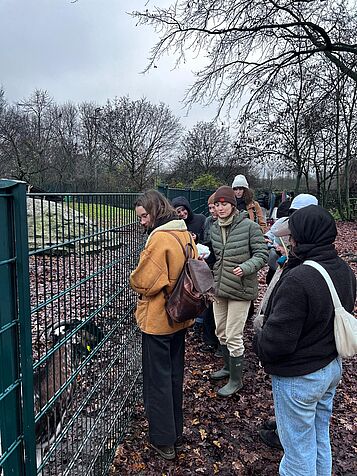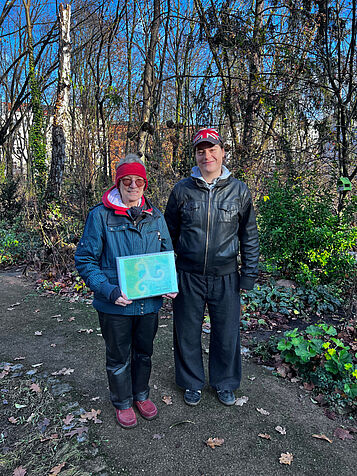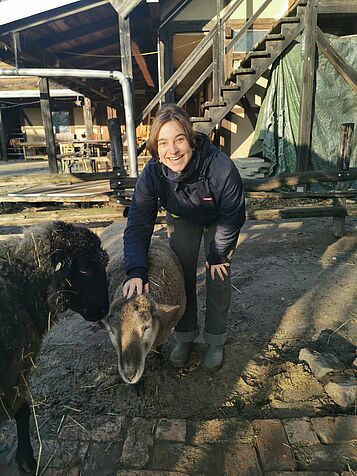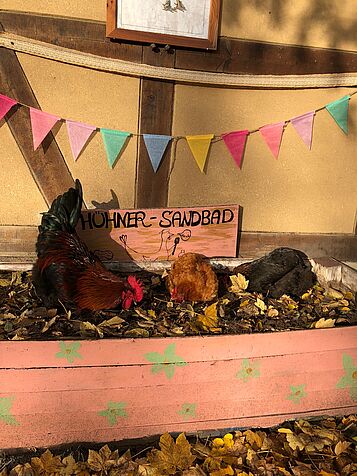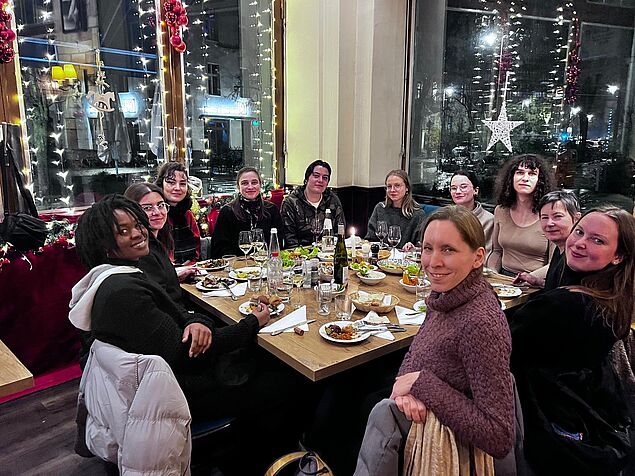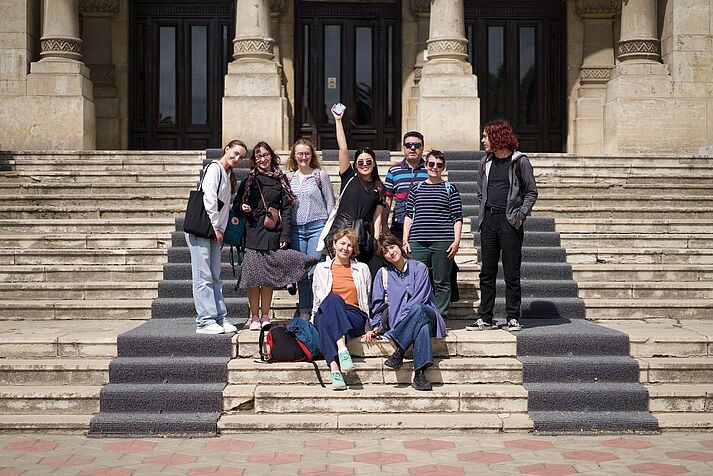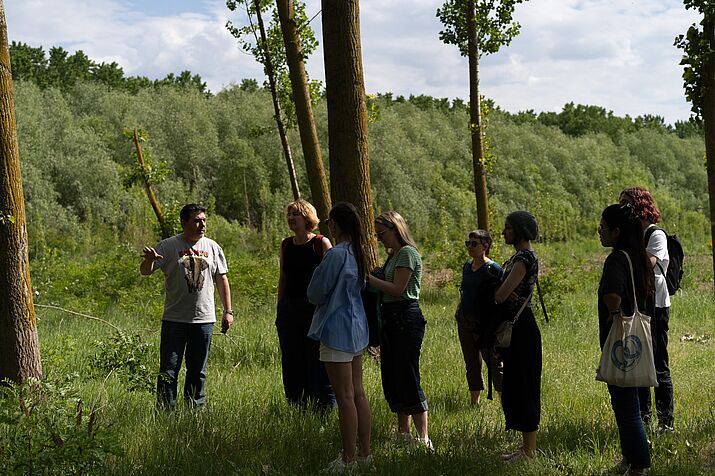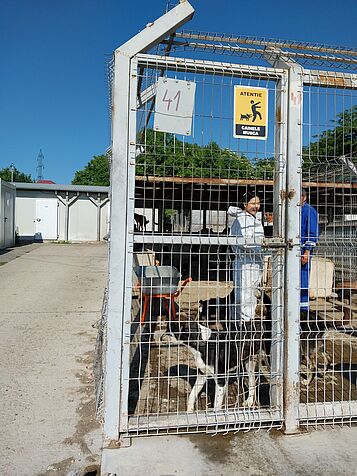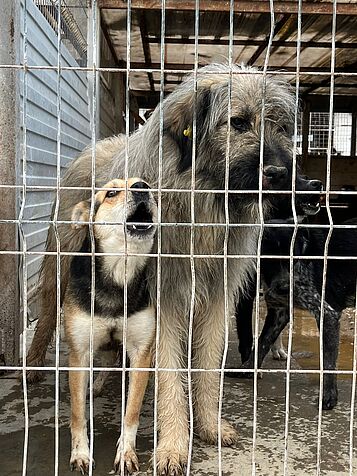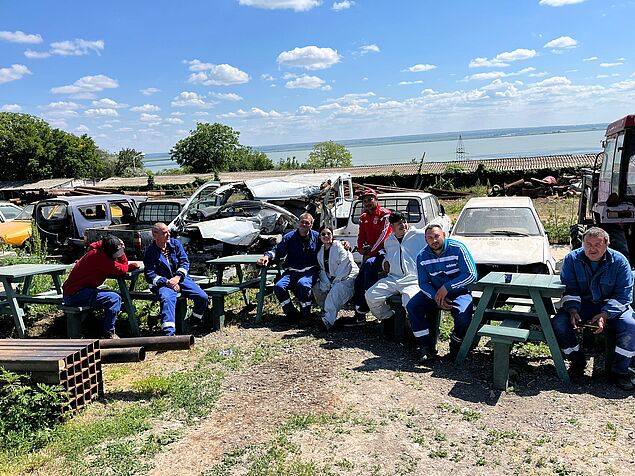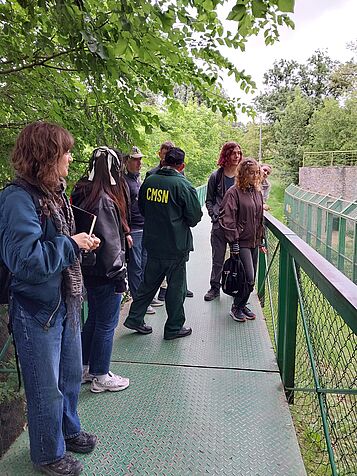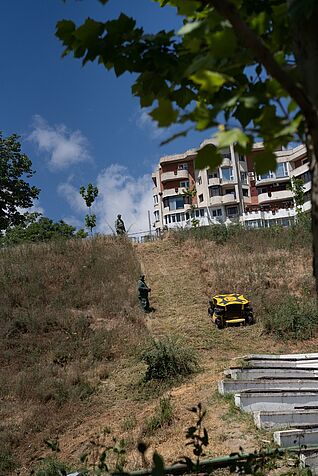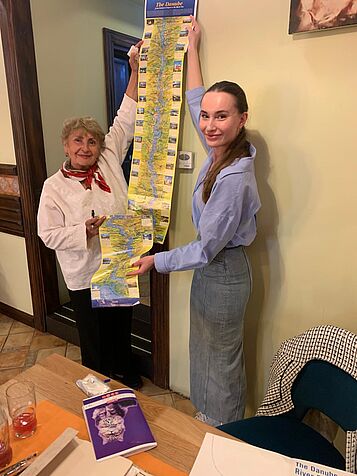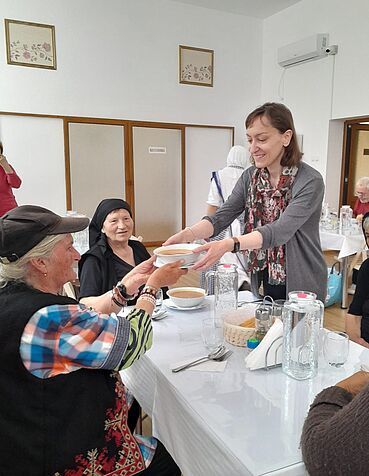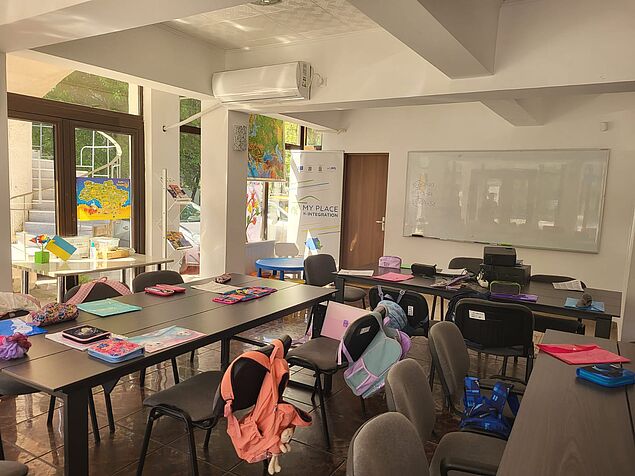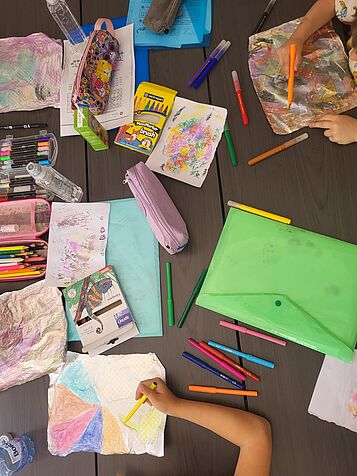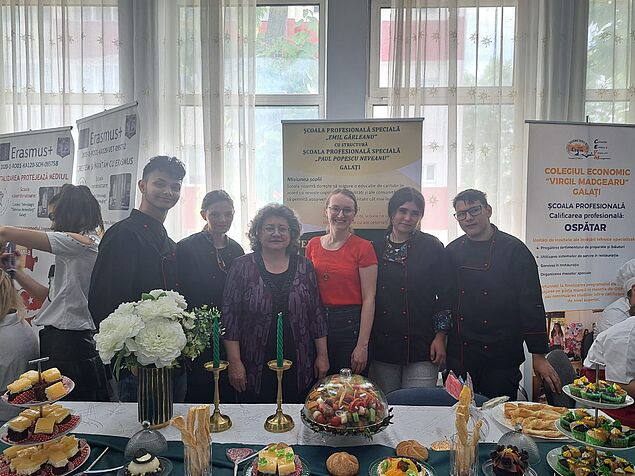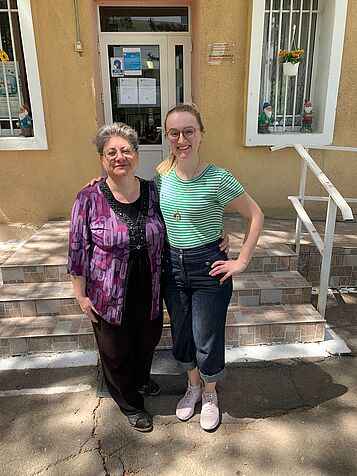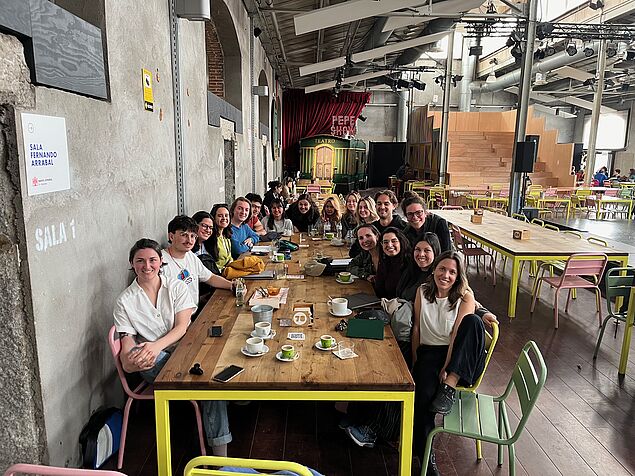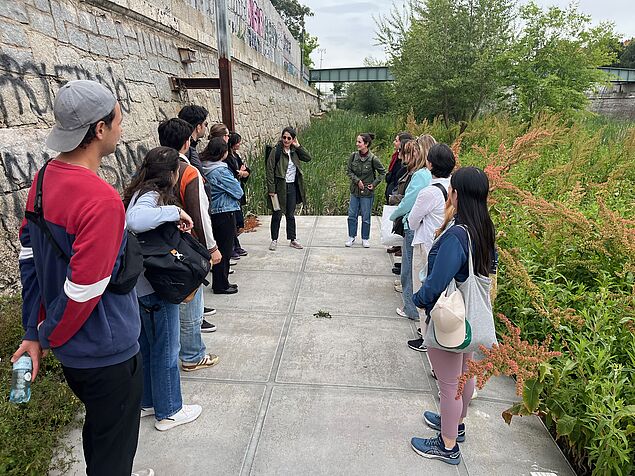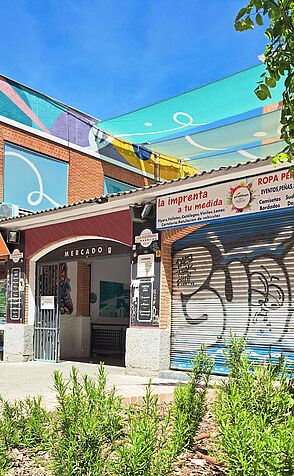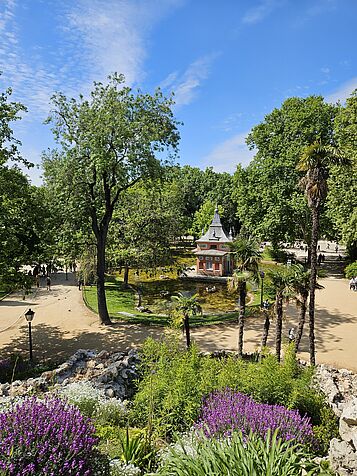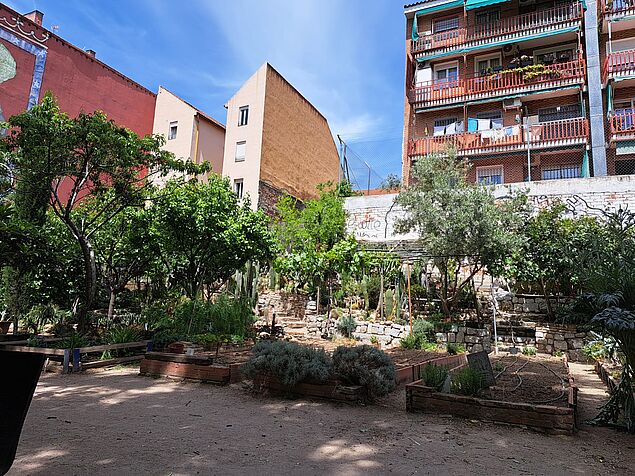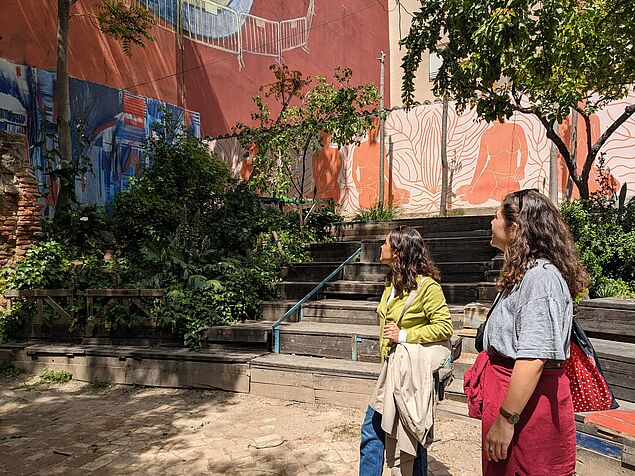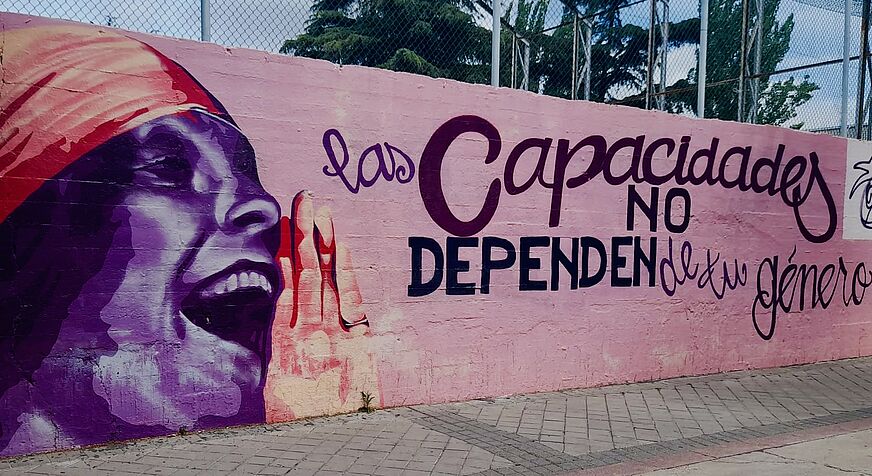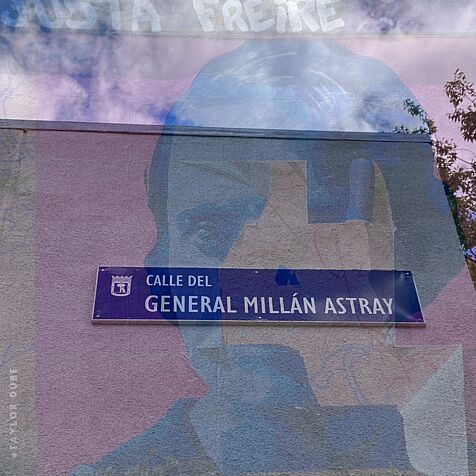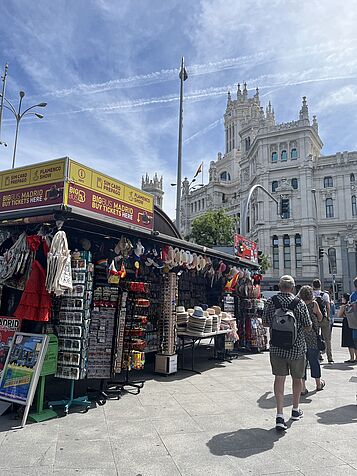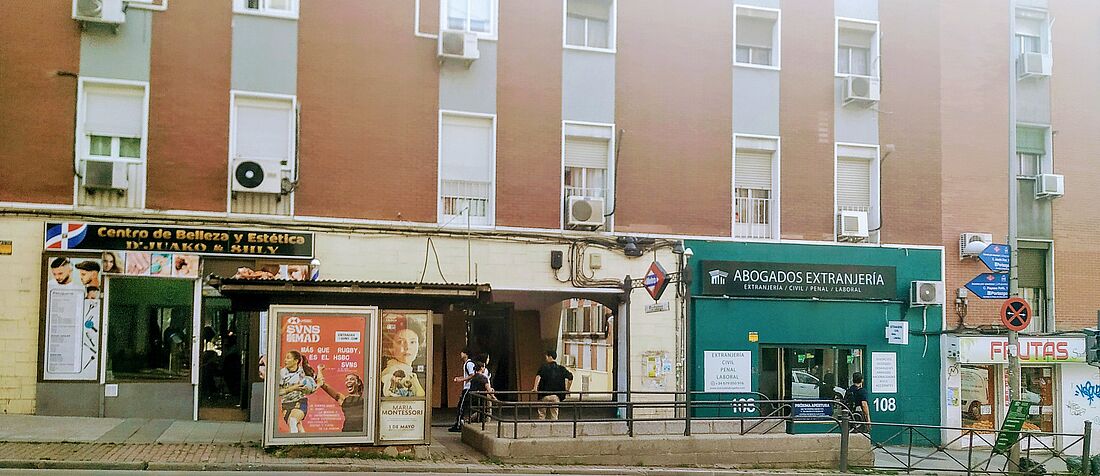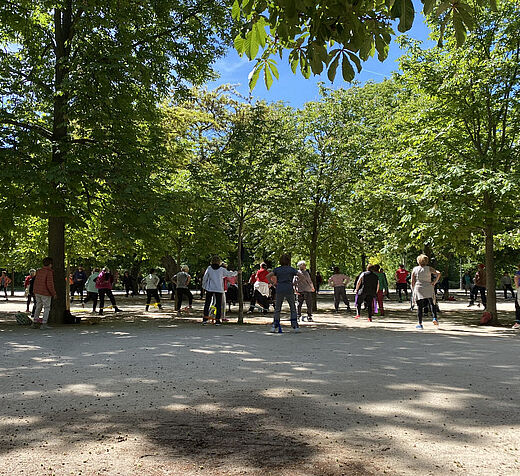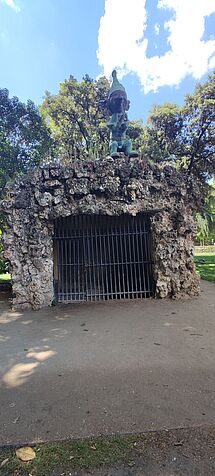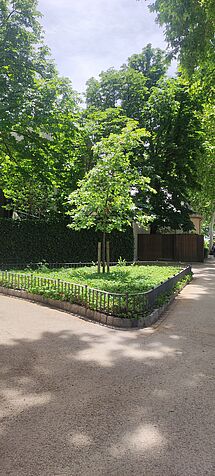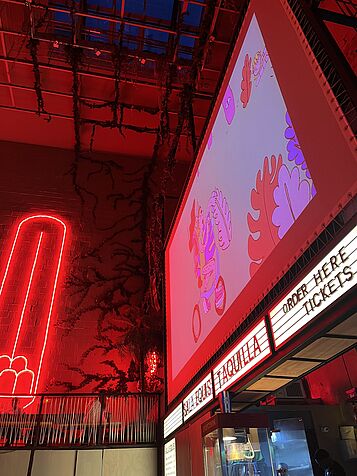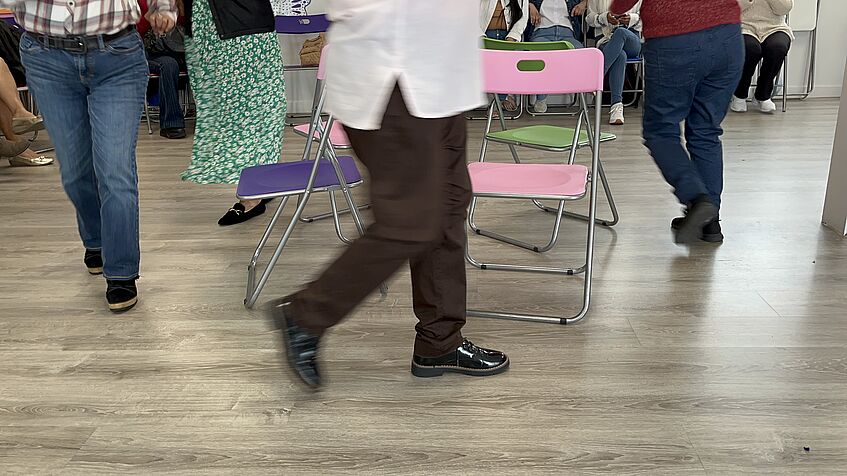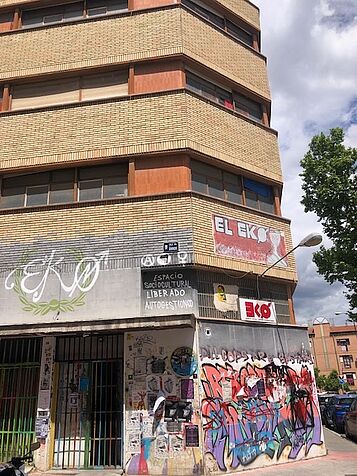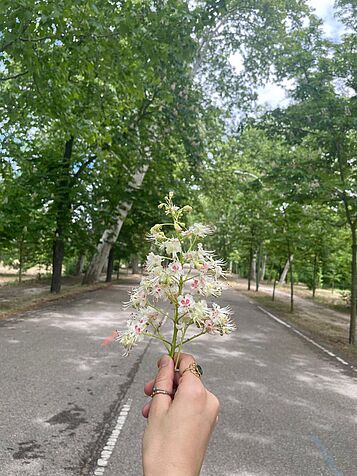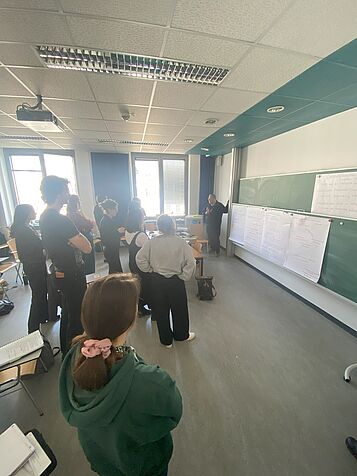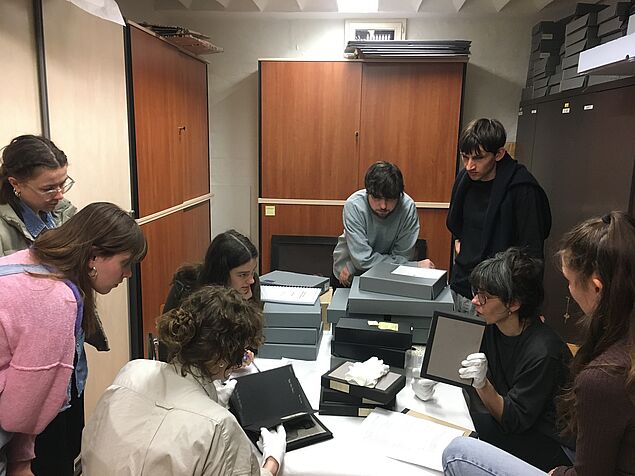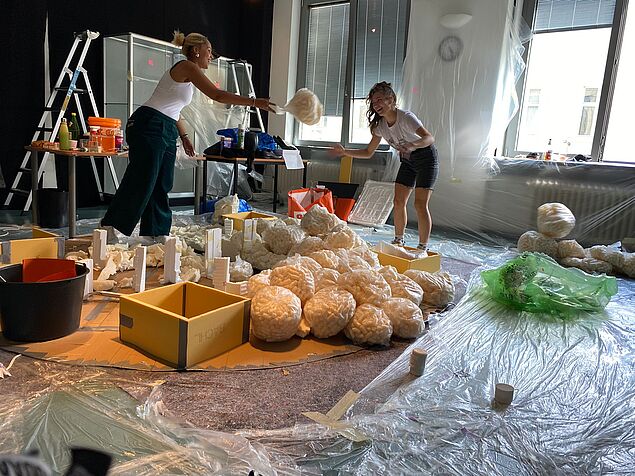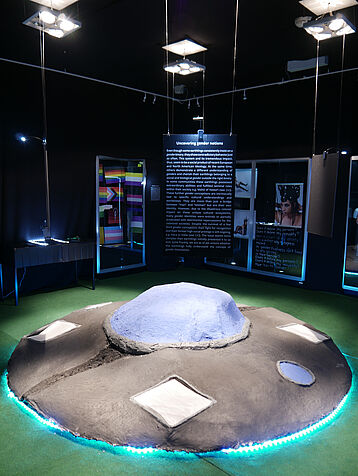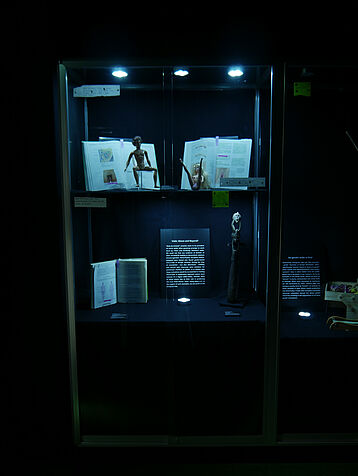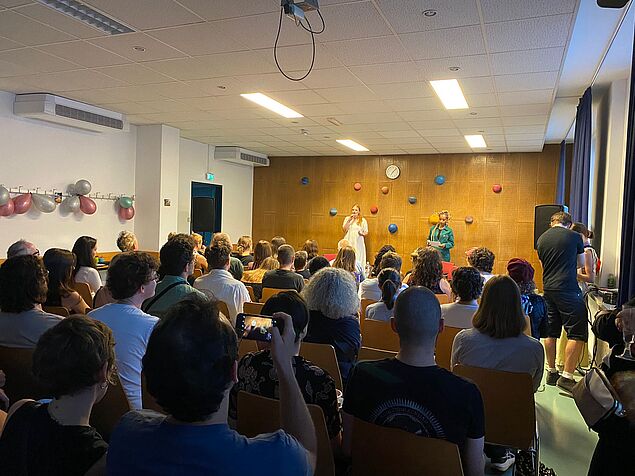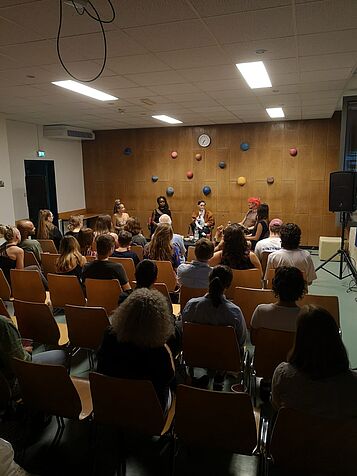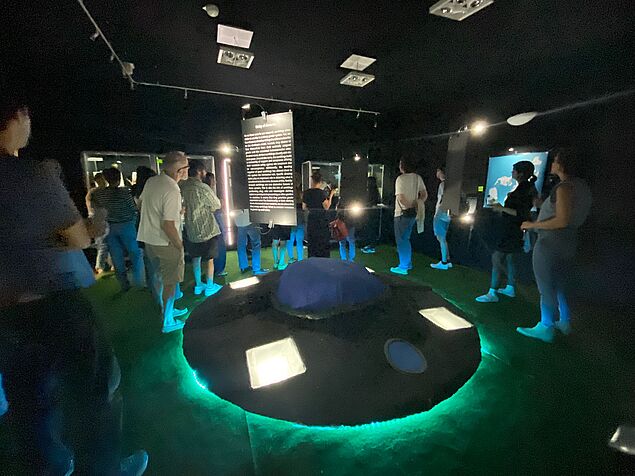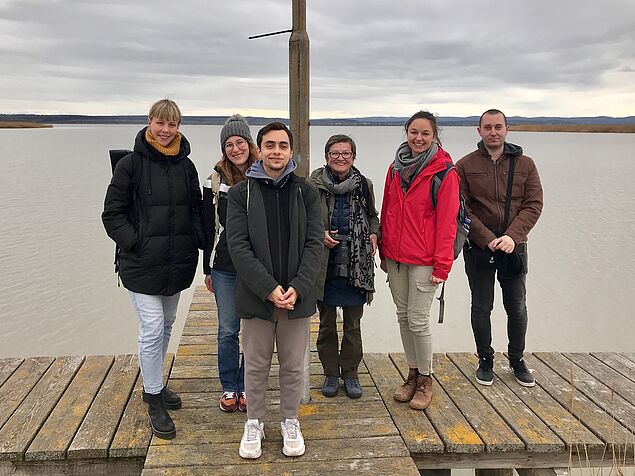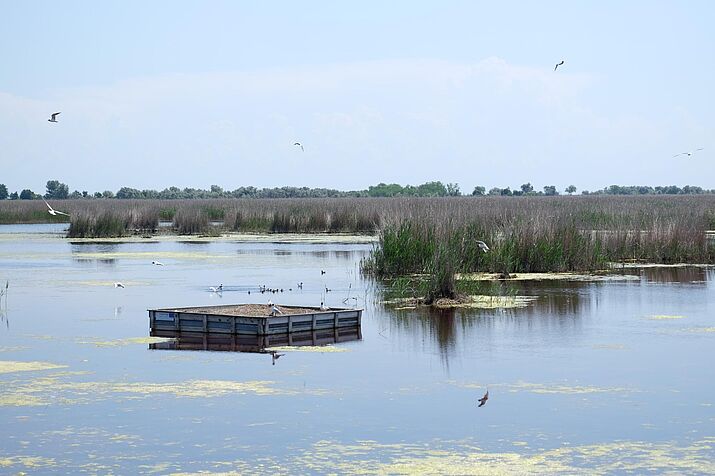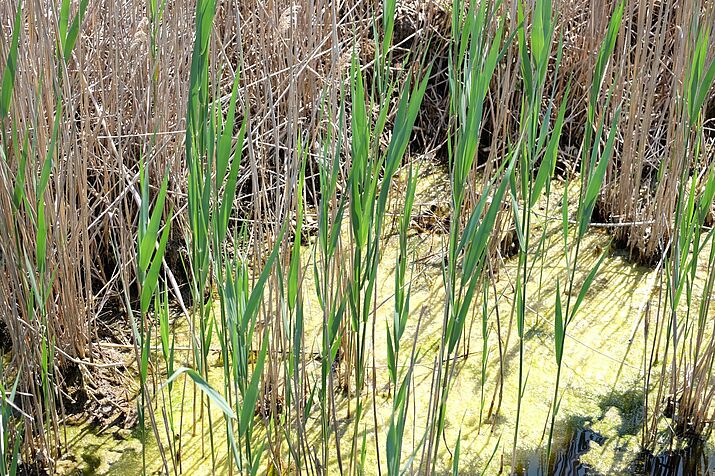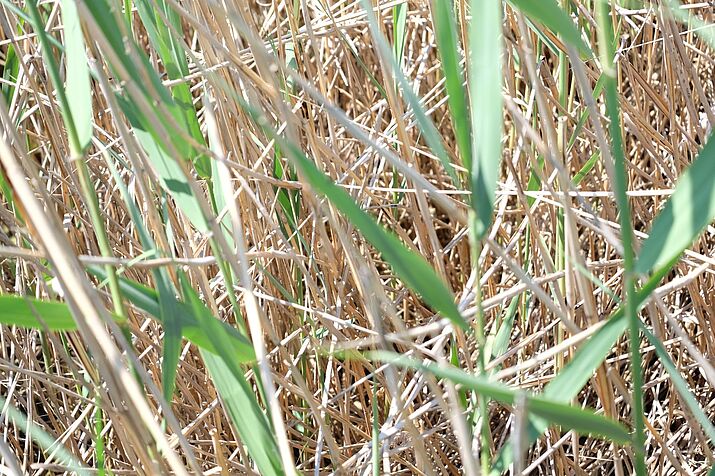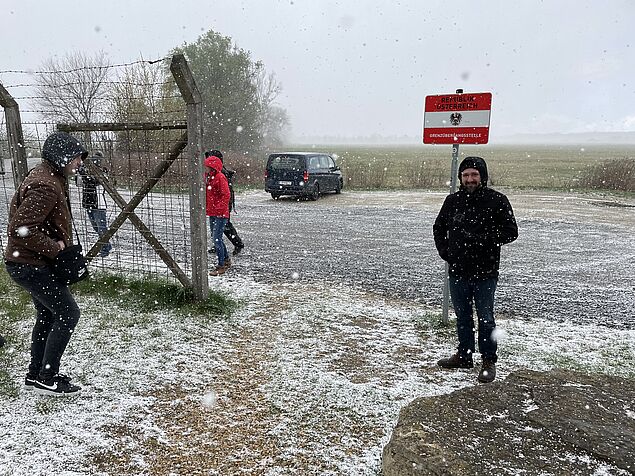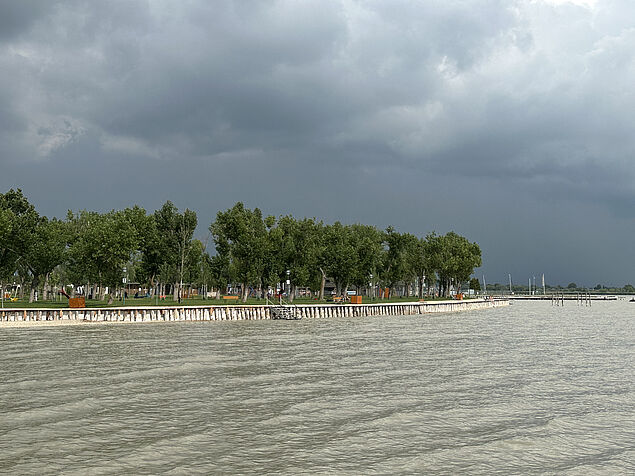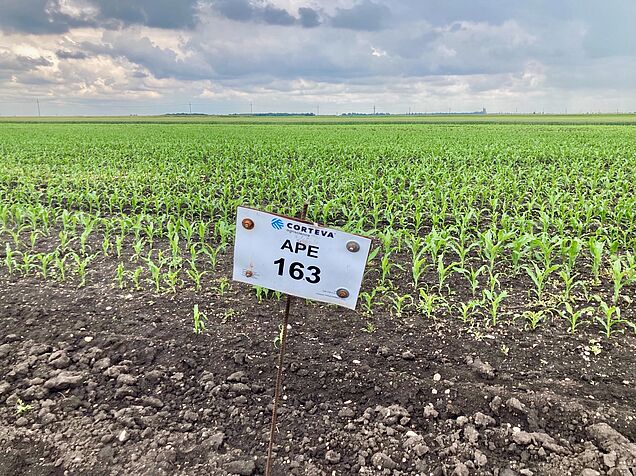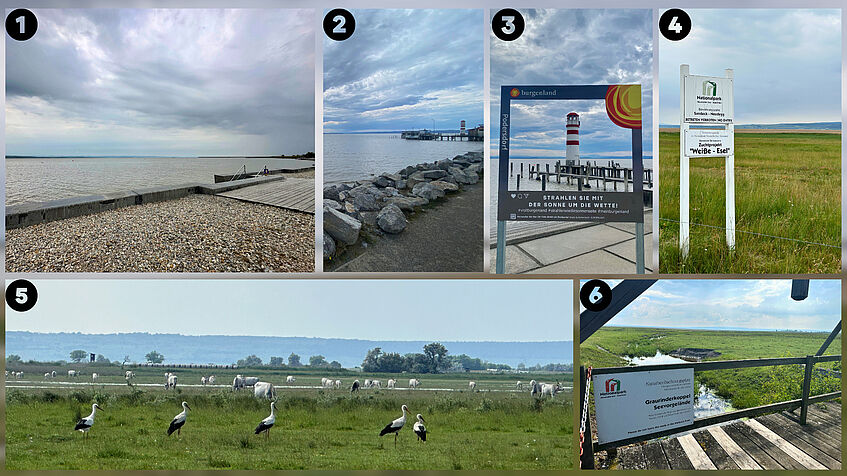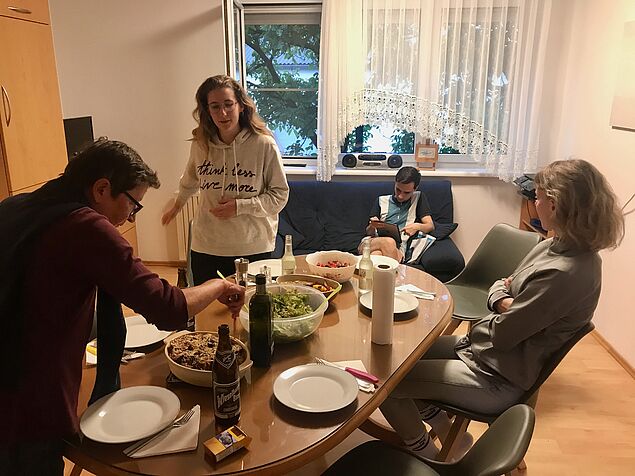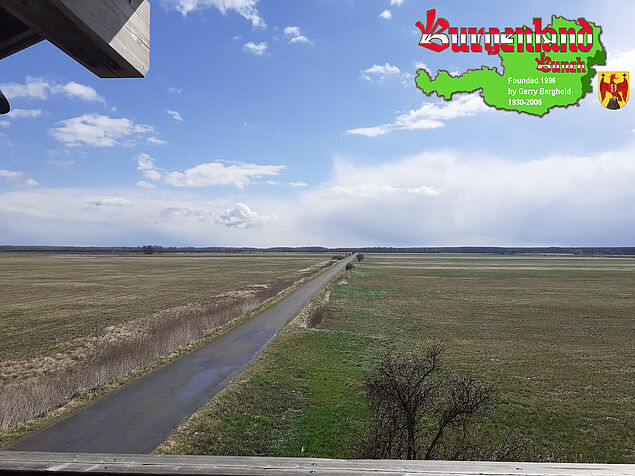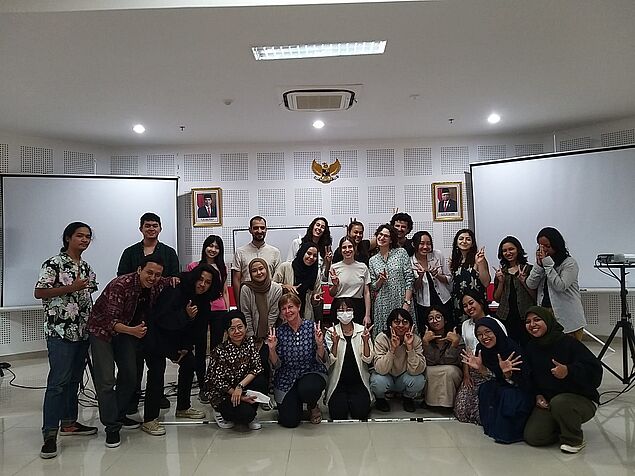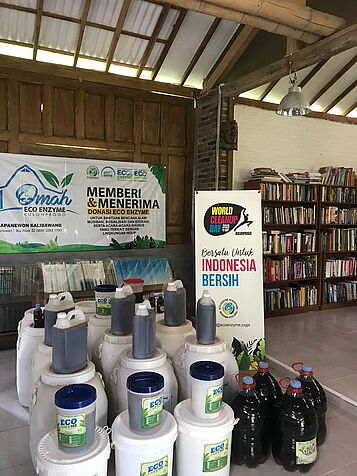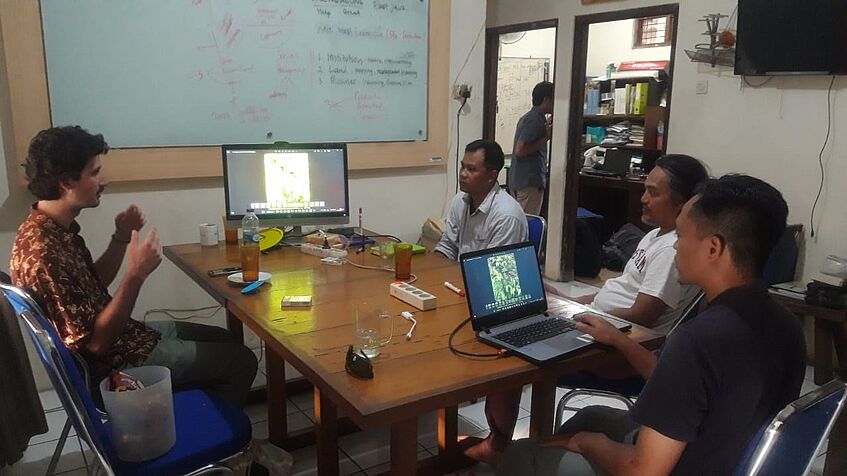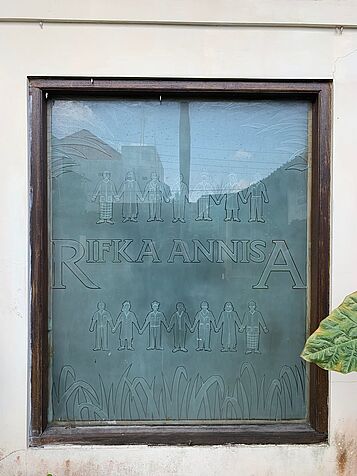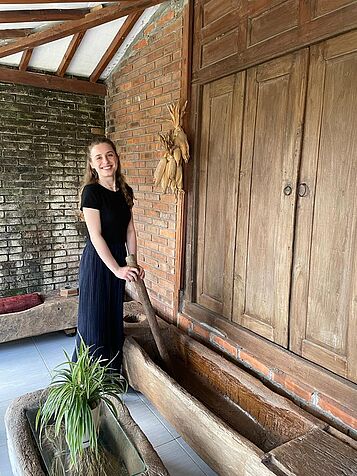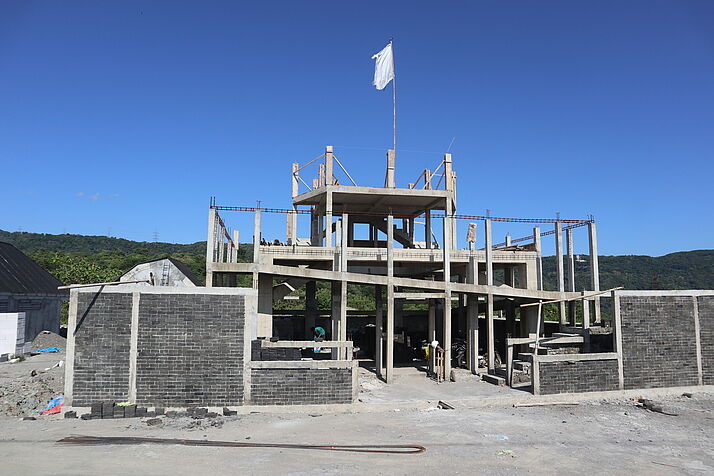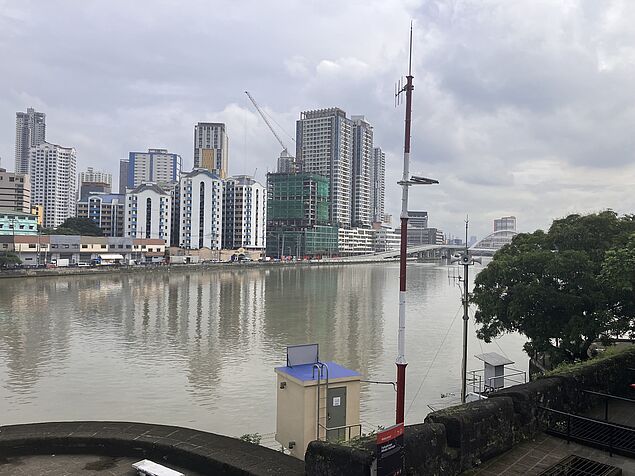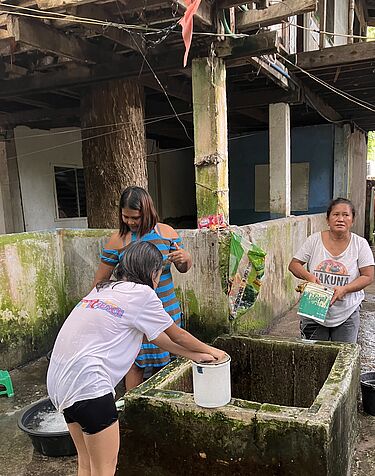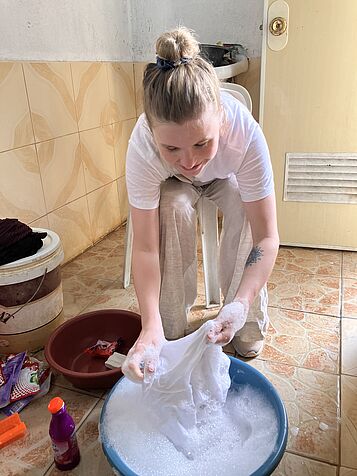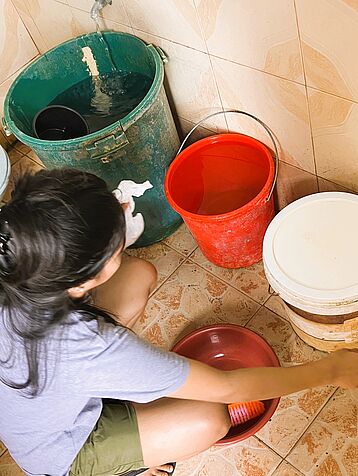Field School Impressions
Field school Alaska
Under the supervision of Peter Schweitzer and Olga Povoroznyuk nine MA students spend three weeks in Alaska where they have the opportunity to conduct short-term fieldwork. The journey takes them through four key locations: Anchorage, Kodiak Island, Talkeetna/Denali National Park, and Fairbanks. They explore cultural, historical, and ecological sites, connecting anthropological research with the lived environments of the Far North.
The City as Contested Terrain - Negotiating Public Space
BA Studierende des Feldpraktikums „Die Stadt als umkämpftes Terrain – Aushandlungsprozesse im öffentlichen Raum“ beschäftigen sich im Wintersemester 2024/25 unter der Leitung von Sabrina Steindl-Kopf und Gabriele Habinger mit den gesellschaftlichen Aushandlungsprozessen, die den öffentlichen urbanen Raum prägen. So können Straßen, Plätze, Parkanlagen oder ganze Stadtgebiete als Orte gelesen werden, die Auskunft über herrschende Machtverhältnisse und hegemoniale Strukturen geben, ebenso über unterschiedliche Ausgrenzungs- und Aneignungsprozesse, wobei unterschiedliche soziale Kategorien zum Tragen kommen. Welche symbolischen Ausschlussmechanismen wirken, welche Formen des place-makings, des „Platz- und Sichtbarmachens", sind gleichzeitig zu finden?
Multispecies care: Researching more-than-human care schemes in Berlin
Under the supervision of Tatjana Thelen and Hilal Alkan Zeybek nine MA students spend three weeks in Berlin focusing on aspects around environment and care. Within this larger framework students will develop their individual research interest in small groups. Some topics might be offered by the teachers. During the preparation phase participating students were provided with examples from different fields (refugee reception, elderly care, childcare, prisons, migrant integration, and others) and encouraged to formulate their own interests and to choose the respective care settings.
- field stay: 24.11.–15.12.2024
Environment and Care in Galati (Romania)
Under the supervision of Tatjana Thelen and Stefan Dorondel, seven MA students spend three weeks in Galați, a city on the banks of the lower Danube in Romania. Drawing on current anthropological debates on care and more-than-human ethnography, the course participants developed research projects in advance. In the field, they learn and apply ethnographic methods to gain a deeper understanding of the social realities encountered and of ethnographic practice in general.
- field stay: 07.-27.05.2024
Urban Elements
After some weeks of intensive readings and methodological preparations, 16 Master students set out to Madrid under the supervision of Janina Kehr and Mafe Olarte Sierra to practice ethnographic skills on the topic of Urban Elements between April 27 and June 17th 2024. Following one of five elements in the city (water, air, fire, earth and love), students were asked to find a graspable research topic, where questions of urban habitability and living together are at stake. While the pursuit of own research projects is the focus of the fieldcourse, we also enjoy meeting local scholars to get insights into the diverse landscape of anthropological and urban related research in Spain.
- field stay: 28.04.-18.05.2024
New Ways of Ethnographic Collecting and Exhibiting
After a prepatory seminar in the winter term 2022/23, the actual field school seminar takes place in summer term 2023 and deals with the conception, planning and implementation of an exhibition. Under the supervision of Sanda Üllen and Igor Eberhard 20 students are involved from brainstorming to financing, writing texts, selecting the objects to be exhibited, designing the exhibition to its opening and long-term archiving of the results.
The students decide to curate the exhibition under the title "Lost in Gender". The presentation of objects of the department's collection as well as recent photographs and everyday-objects serves as a critical examination of the gender binary. Topics include the colonialist imposition of bisexuality on non-European cultures as well as current queer realities.
- The exhibition could be visited from 15.09.-12.10.2023 in the meeting room of the department
- Website of the exhibition: https://exhibition-guide-to-gender.earth/
Naturwahrnehmung um den Nationalpark Neusiedler See - Seewinkel
In two field stays (March and June), 5 MA studetns under the supervision of Franz Graf and Gertraud Seiser spend three weeks in and around the national park Neusiedler See – Seewinkel.
During the first stay, the focus is on getting to know the region, its institutions and intensive discussions with experts. Between the field visits, the students develope small projects cooperatively but independently of each other, focusing on the perception of nature by different groups of actors. For this purpose, the empirical surveys are carried out during the second field stay.
- field stay 1: 26.03.-02.04.2023
- field stay 2: 29.05.-12.06.2023
Field School in Indonesia: Civil Society Organisations in Java
In summer term 2023, 8 MA-students under the supervision of Gabriele Weichart spend three weeks in Java, Indonesia.
Together with students from Universitas Gadjah Mada in Yogyakarta, they will work in different areas to explore the structures and work of different NGOs.
- field stay: 01-26.05.2023
- Instagram account: @javanthropics
Waterworlds Philippines - Austria
In January 2023, 6 students under the supervision of Bernhard Hadolt spend almost a month in the Philippines. The research focus is on social phenomena, practices and meanings of drinking and domestic water as manifested in the Philippines and Austria from a comparative perspective.
Lea Nobel offers us insight into her individual research project.
- field stay: 03.-31.01.2023


